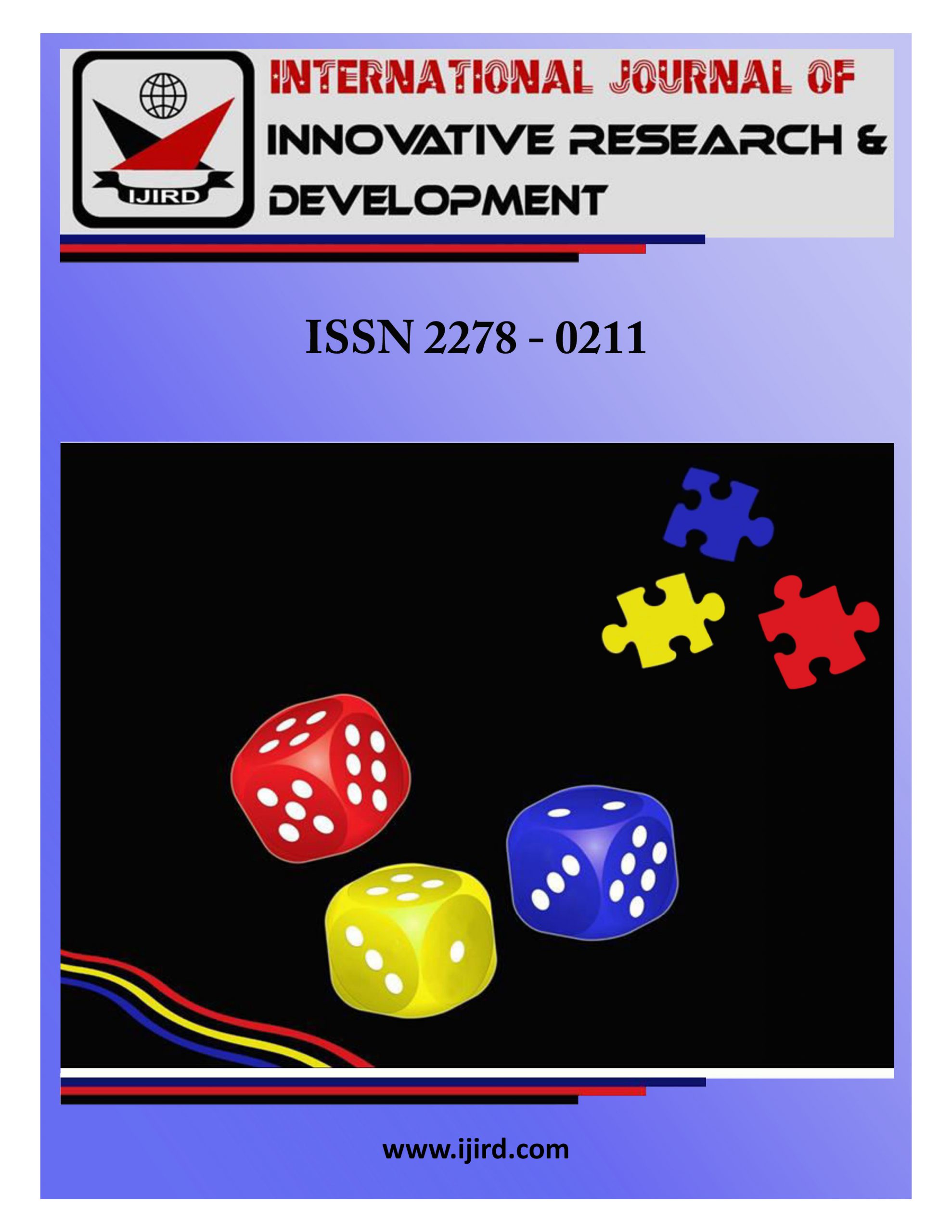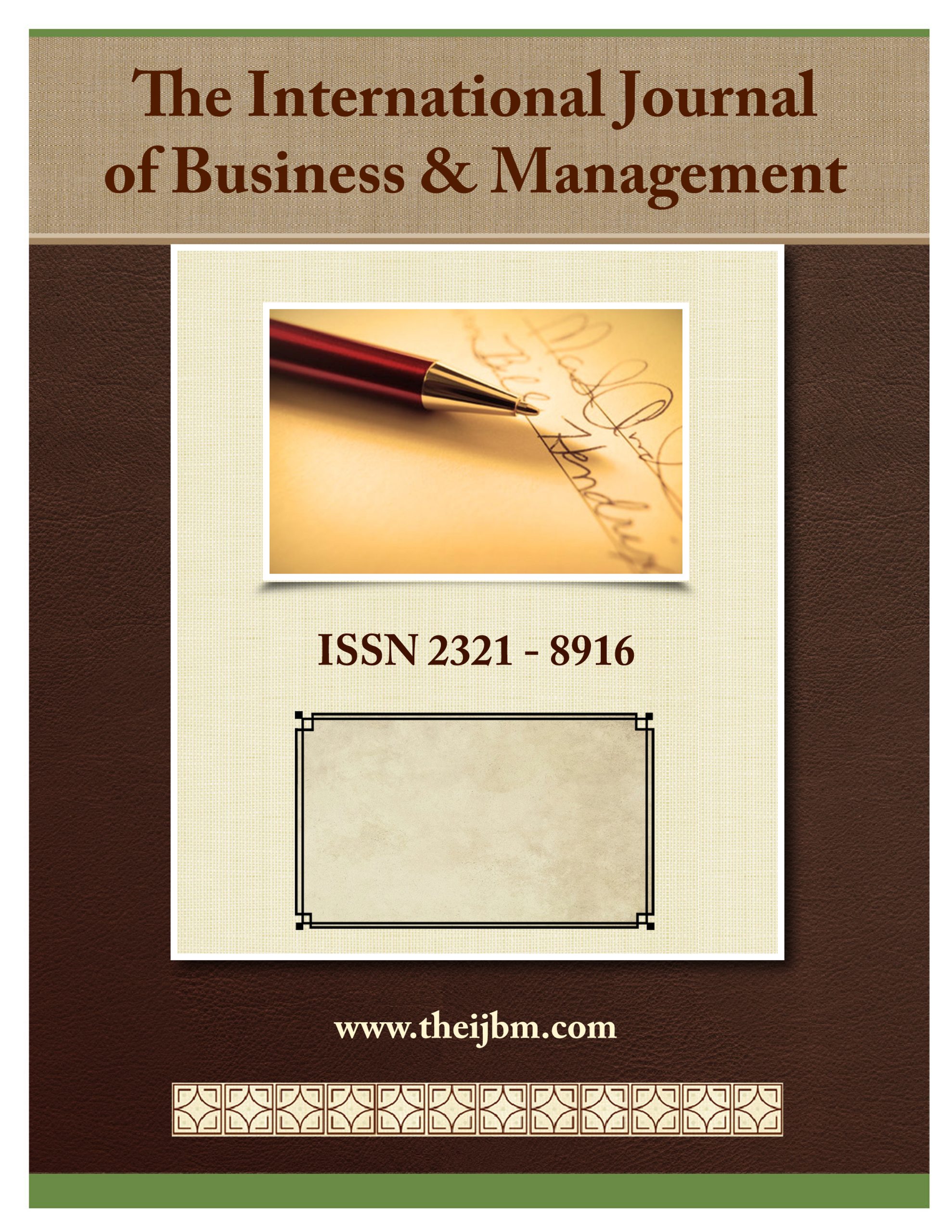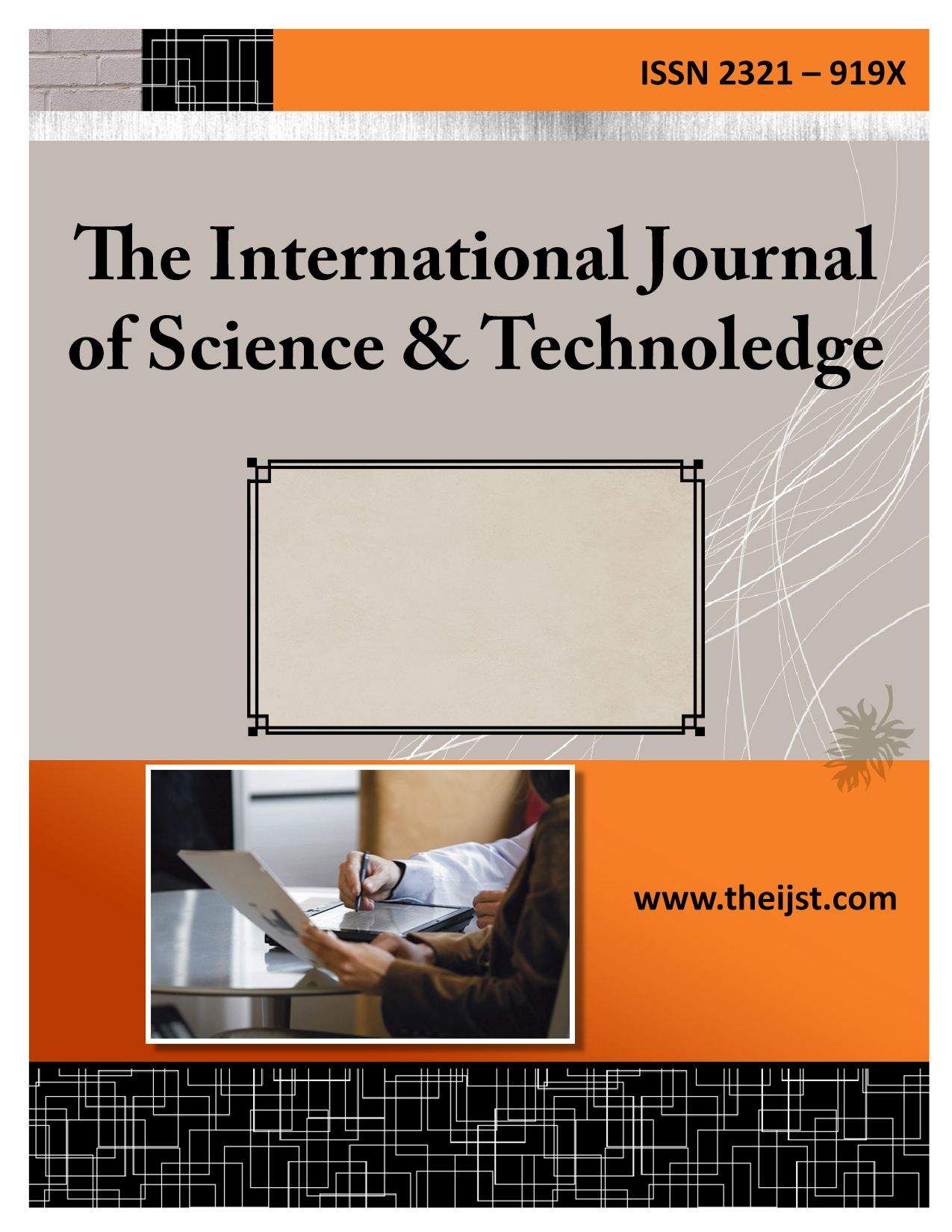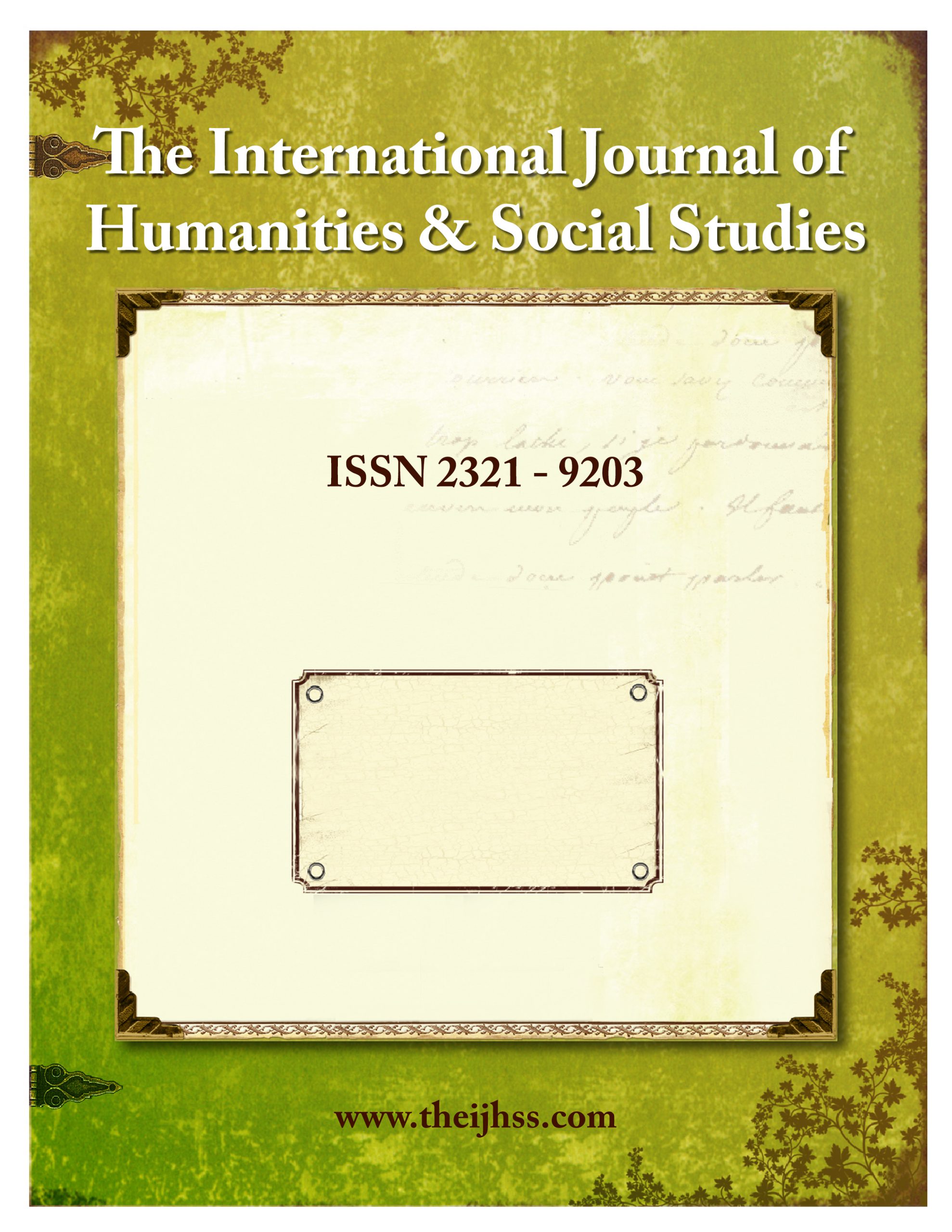In a world overwhelmed by consumerism and the constant chase for more, minimalist living offers a refreshing alternative. The essence of minimalism lies in the conscious choice to live with less, focusing on the things that truly matter. By decluttering your life, you can find greater happiness, inner peace, and a clearer sense of purpose. Here’s how to embark on a journey towards minimalist living and embrace a more fulfilling existence.
The Philosophy of Minimalism
Minimalism is not about deprivation or stark living conditions. Instead, it’s about creating space—both physically and mentally—for what truly adds value to your life. The International Journal of Happiness Studies has highlighted how reducing material possessions can lead to increased happiness and well-being. By eliminating excess, you can make room for meaningful experiences, relationships, and personal growth.
Steps to Declutter Your Life
1. Start Small
Decluttering can be overwhelming if you try to tackle everything at once. Begin with a small area, such as a drawer or a closet. The satisfaction of seeing immediate progress can motivate you to continue.
2. Sort and Categorize
Go through your belongings and categorise them into three groups: keep, donate/sell, and discard. Be honest with yourself about what you truly need and use. Items that haven’t been used in the past year are prime candidates for removal.
3. One-In, One-Out Rule
Adopt the one-in, one-out rule to prevent future clutter. For every new item you bring into your home, remove one existing item. This practice helps maintain balance and prevents accumulation.
4. Digital Declutter
Minimalism extends beyond physical possessions. Declutter your digital life by organizing files, deleting unused apps, and unsubscribing from unnecessary email lists. A streamlined digital space can enhance productivity and reduce stress.
5. Mindful Consumption
Be mindful of your purchasing habits. Before buying something new, ask yourself if it’s essential and if it adds value to your life. Avoid impulse purchases and consider the environmental impact of your consumption.
How to Find Happiness Through Minimalism
1. More Time and Freedom: Less clutter means less time spent on cleaning and organising, giving you more time to pursue activities that bring joy and fulfilment. Minimalism can also provide financial freedom by reducing unnecessary spending.
2. Enhanced Focus and Productivity: A decluttered space leads to a decluttered mind. With fewer distractions, you can focus better on your goals and be more productive. This clarity can help you achieve your aspirations more efficiently.
3. Improved Mental Health: Research published in various international journals indicates that a clutter-free environment can reduce stress and anxiety. Living with less can lead to a greater sense of calm and well-being, fostering a positive mental state.
4. Stronger Relationships: Minimalism encourages you to prioritise relationships over material possessions. With fewer distractions, you can invest more time and energy into building meaningful connections with loved ones.
5. Greater Appreciation for What You Have: Living with less helps you appreciate what you have. By focusing on the essentials, you cultivate gratitude and contentment, leading to a deeper sense of happiness.
Embracing minimalist living is a journey that can transform your life in profound ways. By decluttering your physical and mental space, you create room for what truly matters. The principles of minimalism, supported by research in international journals, suggest that living with less can lead to greater happiness and well-being. Start small, be mindful of your consumption, and enjoy the freedom and joy that come with a simplified, purposeful life.
Minimalism is not just about reducing material possessions; it’s about enhancing your overall quality of life. Take the first step towards a minimalist lifestyle today and discover the happiness that lies in simplicity.










